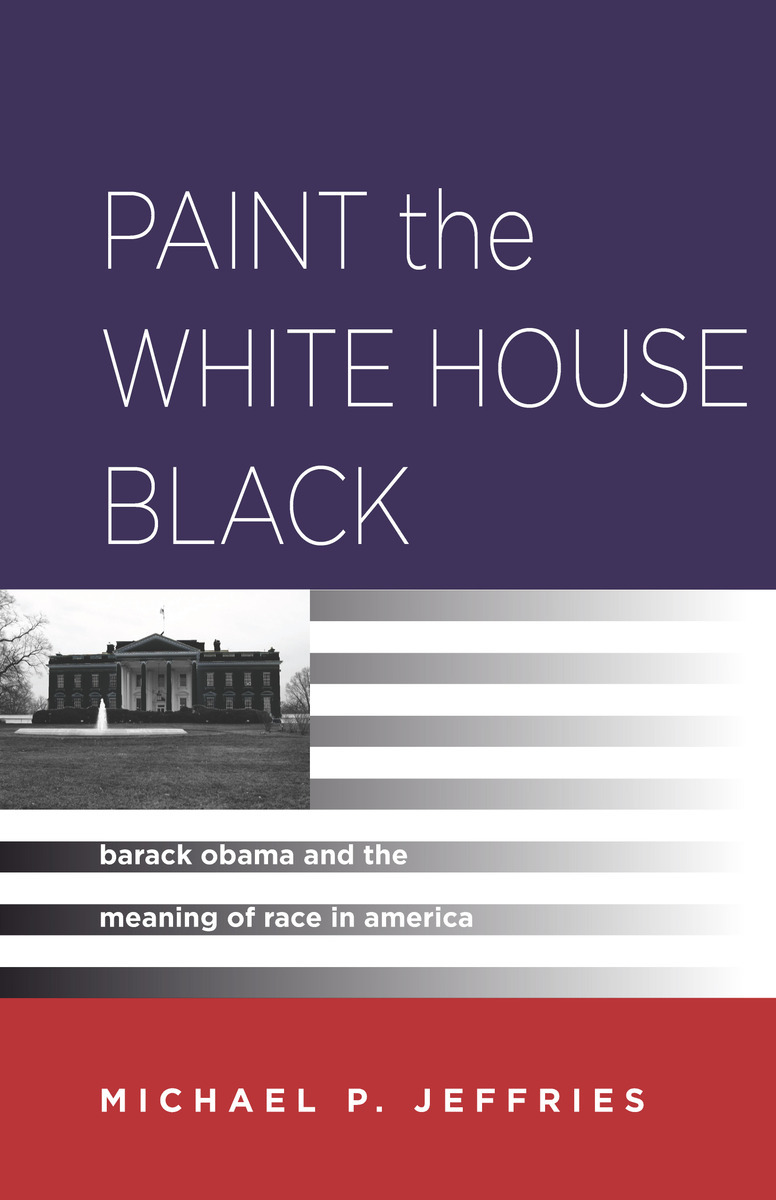Among Blacks, Pride Is Mixed With Expectations for ObamaPosted in Articles, Barack Obama, Media Archive, Politics/Public Policy, United States on 2013-01-28 23:14Z by Steven |
Among Blacks, Pride Is Mixed With Expectations for Obama
The New York Times
2013-01-20
Susan Saulny
The Rev. Greggory L. Brown, a 59-year-old pastor of a small Lutheran church, committed himself to ministry and a life pursuing social justice on April 4, 1968 — the day the Rev. Dr. Martin Luther King Jr. was slain by an assassin’s bullet.
And four years ago, like so many African-Americans around the country, he saw Barack Obama’s rise to the presidency as nothing short of a shocking validation of Dr. King’s vision of a more perfect union, where the content of character trumps the color of skin. “I was so excited when he was giving that first inauguration speech,” said Mr. Brown, of Oakland, Calif. “I could feel it in my bones.”
On Monday, when President Obama places his hand on Dr. King’s personal Bible to take a second, ceremonial oath of office, he will be symbolically linking himself to the civil rights hero. But Mr. Brown, along with other African-Americans interviewed recently, said their excitement would be laced with a new expectation, that Mr. Obama move to the forefront of his agenda the issues that Dr. King championed: civil rights and racial and economic equality.
In interviews with experts and black leaders, some, like Mr. Brown, say they have been disappointed by the slow pace of change for African-Americans, whose children, for instance, are still more likely to live in poverty than those of any other race.
“The hope for Obama’s presidency was that there would be more help for places like Oakland and other urban areas that need support, safety and jobs,” Mr. Brown said. “He made people feel like anything is possible.”
African-Americans remain overwhelmingly supportive of the president, as evidenced by their enthusiastic turnout on Election Day and for the inauguration festivities and Monday’s holiday celebrating Dr. King’s birthday. Thousands of black Americans have descended on Washington from across the nation for the many parties and observances and visits to the King memorial.
They have developed a protective stance toward Mr. Obama, acknowledging the limits of his power and the voraciousness of his critics. Many cite the power of representation, the visual message of a prosperous, cohesive black family being beamed around the country and the world, and the untold aspirations that vision inspires.
But African-Americans roundly reject the notion that Mr. Obama’s election has eased racial tensions or delivered the nation to a new post-racial reality.
“I think the great mass of black people have shown tremendous patience, discipline and understanding, recognizing the dilemma that he faces,” said Randall L. Kennedy, a professor at Harvard Law School and the author of “The Persistence of the Color Line: Racial Politics and the Obama Presidency.”…
Read the entire article here.
